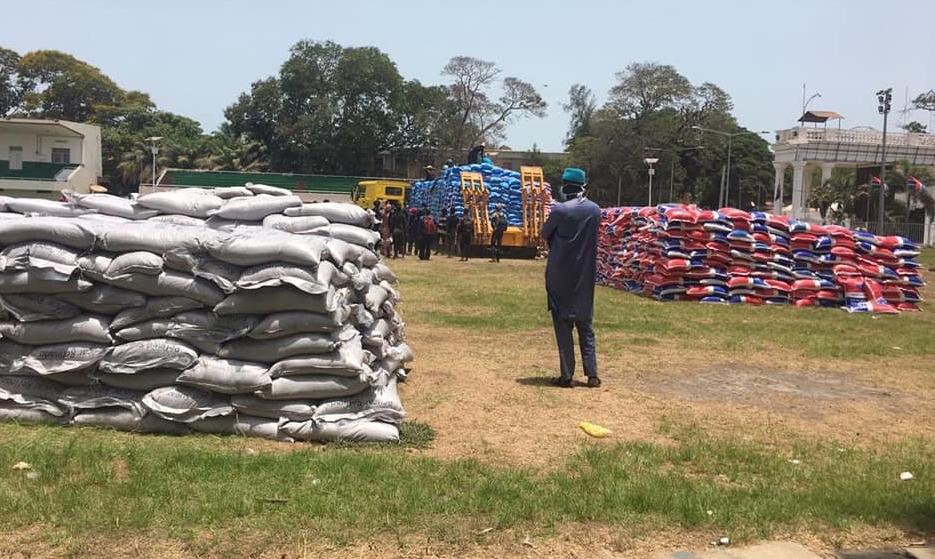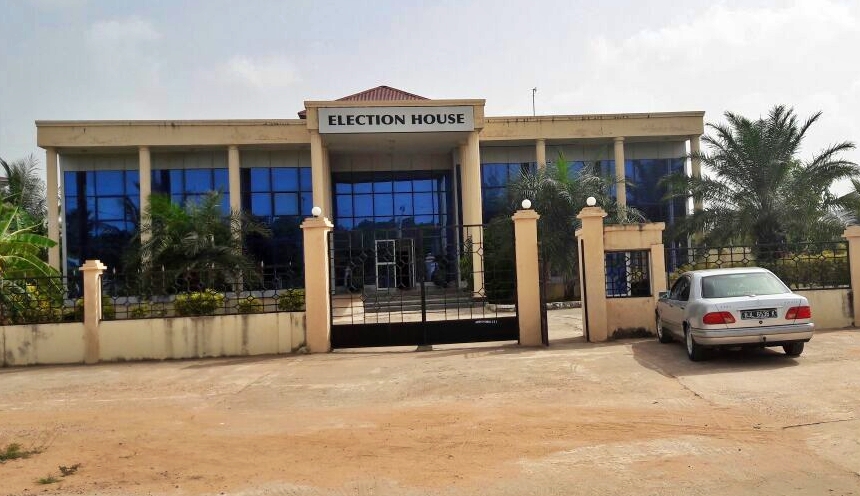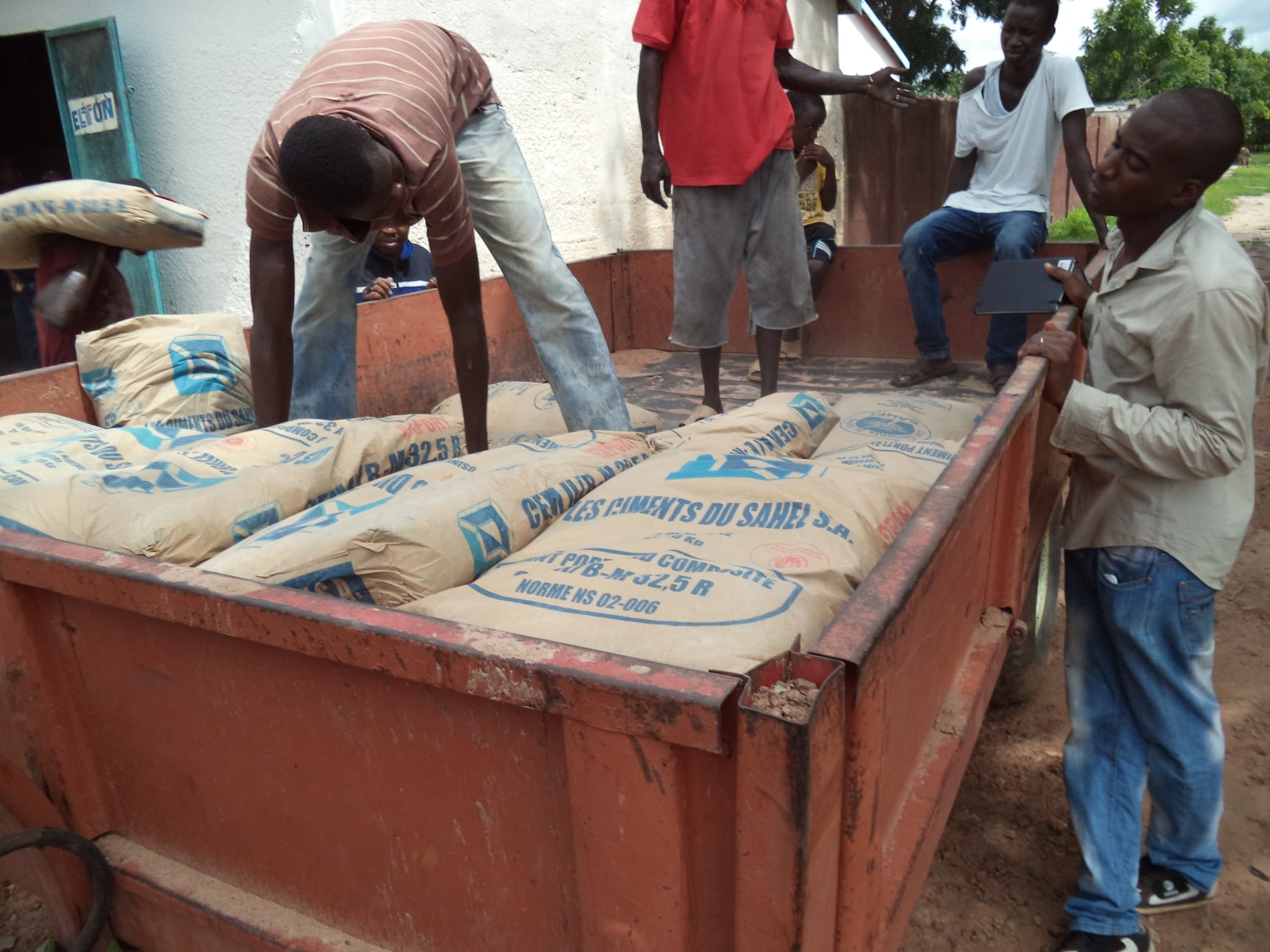Gambiaj.com – (BANJUL) – The Cement Importers and Traders Association, known as Anda Takhawu Sunu Reew, has voiced serious concerns over the recent directive by the Finance and Trade Ministries to raise import duties on cement transported via road networks to D180—a 500% increase.
This drastic hike effectively blocks cement imports via road from African countries while continuing to subsidize the importation of powder cement from distant European markets. The association argues that this policy contradicts The Gambia’s commitment to foster intra-Africa trade and will lead to a series of negative consequences for the nation’s economy.
The association’s statement highlights several key issues among which, the increased prices and reduced supply. According to the importers, the sudden increase in import duties is expected to drive up cement prices and reduce its availability in the market. This will have a ripple effect, impacting construction costs and overall economic activity.
They argue that the policy change is likely to affect the entire construction industry, leading to broader economic challenges, including potential job losses and slowed infrastructure development.
According to the association, by effectively blocking cement imports from neighboring African countries, the new directive may spark trade tensions with Senegal and other regional partners, undermining efforts towards regional economic integration.
Anda Takhawu Sunu Reew also points out the employment implications of the policy. The association directly employs over 3,000 young Gambian men and women, in contrast to the three main local cement producers—Jah Oil, Gacem, and Salam—who together employ fewer than 800 people directly. They argue that the government’s recent policies prioritize these local producers, particularly Jah Oil, at the expense of small businesses and broader local employment.
The association criticizes Trade Minister Baboucarr Joof’s policy, which designates Jah Oil as the sole cement importer. They claim this move sacrifices the economic well-being of Gambians for the benefit of a single individual, Hamidou Jah, whose business practices allegedly include exploiting a Special Investment Certificate to avoid import duties, only to sell cement at higher prices.
Finance Minister Seedy Keita’s previous opposition to similar policies, based on concerns about free market principles and insufficient domestic capacity, is also noted. The association warns that the lack of capacity will inevitably lead to price hikes, as recently observed in rural communities like Soma and Farafenni.
Moreover, the dominance of companies like Jah Oil is seen as detrimental to market competition. The association argues that this stifles innovation, raises consumer prices, and weakens worker bargaining power, all while maximizing profits for a few at the expense of many. They highlight Jah Oil’s struggle to retain drivers, who have found better pay and stronger unions in the competitive logistics industry, as an example of the negative impacts of reduced market competition.
In conclusion, Anda Takhawu Sunu Reew urges the Gambian government to reconsider this policy. They call for a fair and competitive market that supports local employment, small businesses, and economic stability, emphasizing that a competitive market is crucial for empowering both the country and its workforce.










